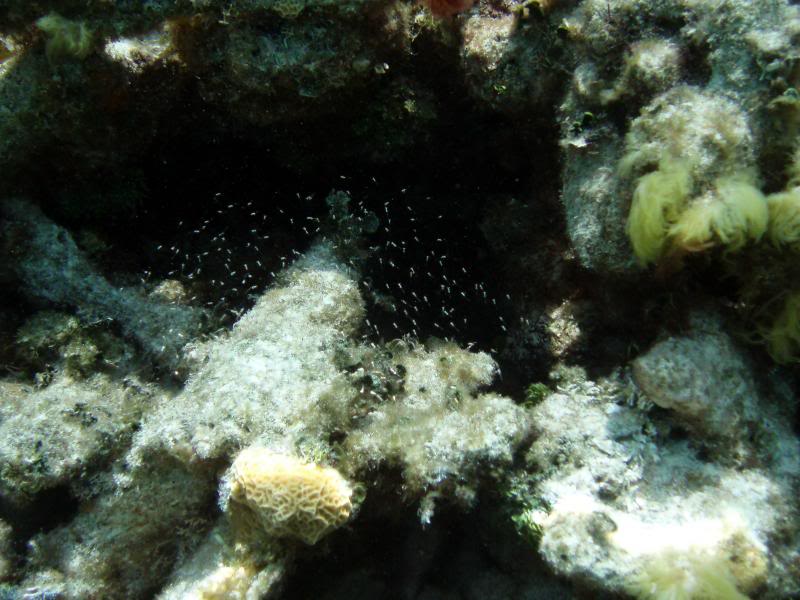Quote:Actually, in the quoted study they did not use sterilized seawater.
"raised in fresh water, and naïve to N. melleni were acclimated to seawater"
I found this there:
2.1. General
Tilapia (O. mossambicus) was monitored for antibody responses during the development of immunity againstN. melleni over a four-month period. The seawater used in all aspects of this experiment was treated via a sand filter, canister filters, and an ultraviolet system. All experiments were conducted in accordance with the principles and procedures approved by the Institutional Animal Care and Use Committee, University of Hawaii.
The fact that this is typically true of ocean fish is exactly why they needed to use freshwater fish and acclimate them to seawater. If they had used fish raised in seawater they couldn't have ensured that they did not already have an immunity toward the N. melleni.
This is true. They probably didn't have access to saltwater fish that were raised away from NSW to perform the tests. It is easy to raise tilapia, I used to raise them myself.




















